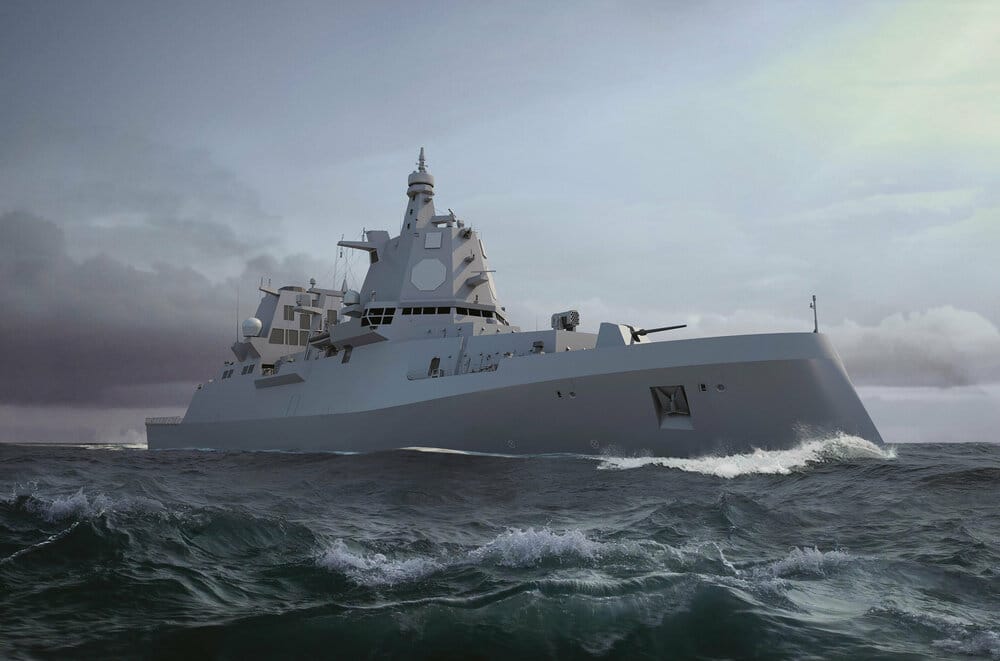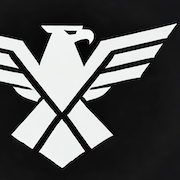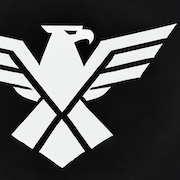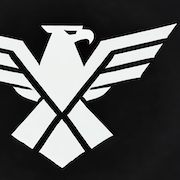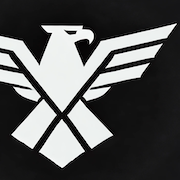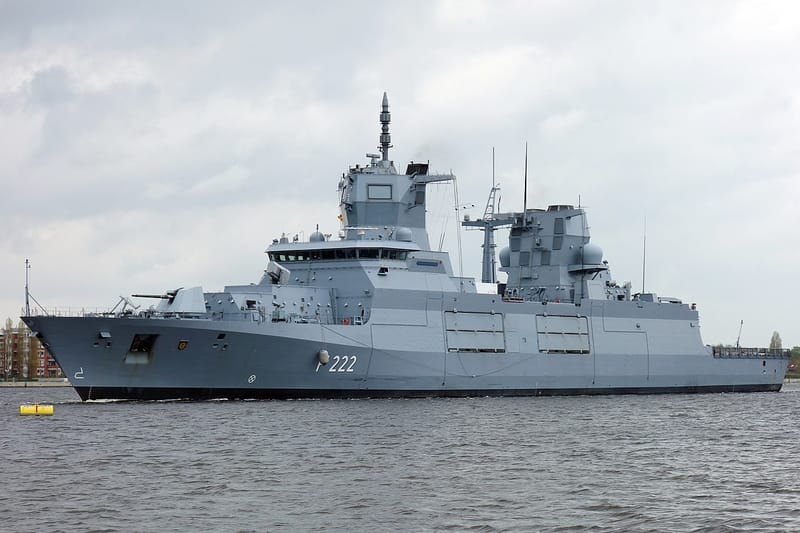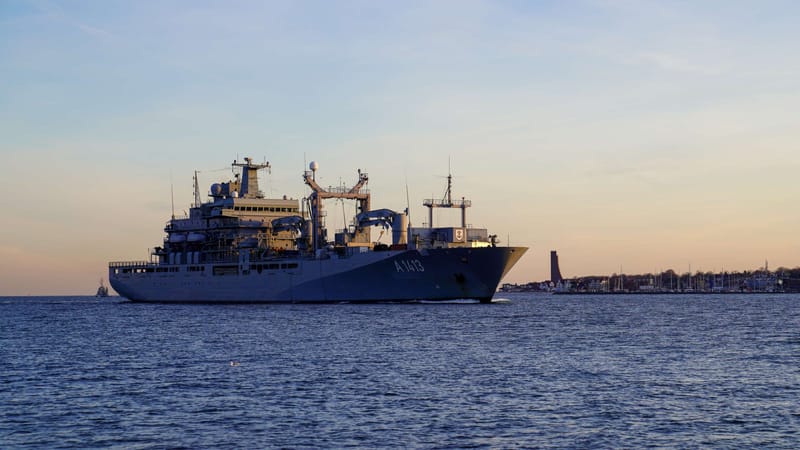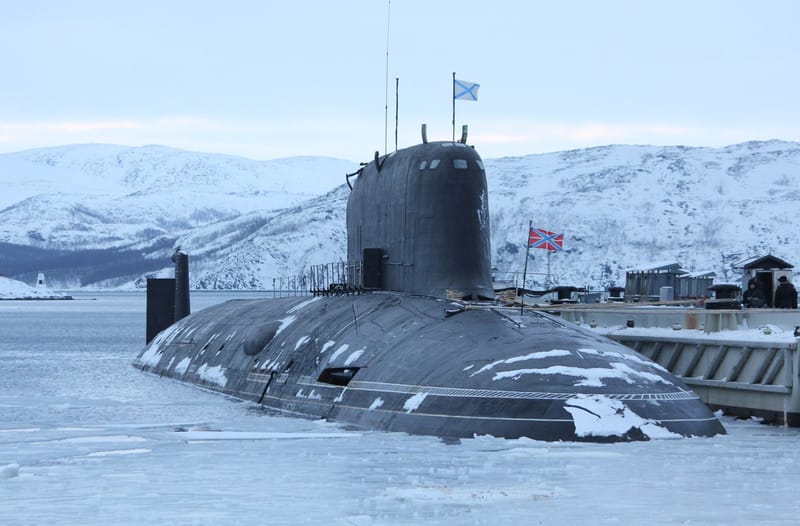Thyssenkrupp Marine Systems and Ulstein Verft Partner for Norway's Next-Generation Frigate Program
Thyssenkrupp Marine Systems and Ulstein Verft have signed a strategic Letter of Intent to collaborate on the Royal Norwegian Navy’s future frigates, combining German naval systems expertise with Norwegian shipbuilding capabilities.

Strategic German-Norwegian partnership could define Europe’s next-generation frigate class and boost Norway’s sovereign shipbuilding capacity.
Germany’s Thyssenkrupp Marine Systems and Norway’s Ulstein Verft have signed a Letter of Intent (LoI) to jointly pursue Norway’s next-generation frigate program.
The agreement, formalized at the Undersea Defence Technology (UDT) conference in Oslo on March 26, 2025, aims to combine Thyssenkrupp’s naval technology expertise with Ulstein’s local shipbuilding capabilities to strengthen Norway’s maritime defense industry.
Furthermore, the agreement signals a broader shift toward localized shipbuilding and regional cooperation as Norway prepares to modernize its naval surface fleet.
Strategic Cooperation Aimed at Norwegian Naval Renewal
The partnership positions the two firms as contenders for the Royal Norwegian Navy’s future frigate replacement program, expected to succeed the current Fridtjof Nansen-class. If selected, the collaboration would ensure significant value creation within Norway, aligning with national policy goals on defense-industrial participation.
The announcement follows a growing trend across Northern Europe for regional defense collaboration. Recent developments such as Denmark’s acquisition of Naval Strike Missiles from Norway and Patria and SIMA Innovation’s Nordic defense cooperation underscore the strategic value of joint programs across land and maritime domains.
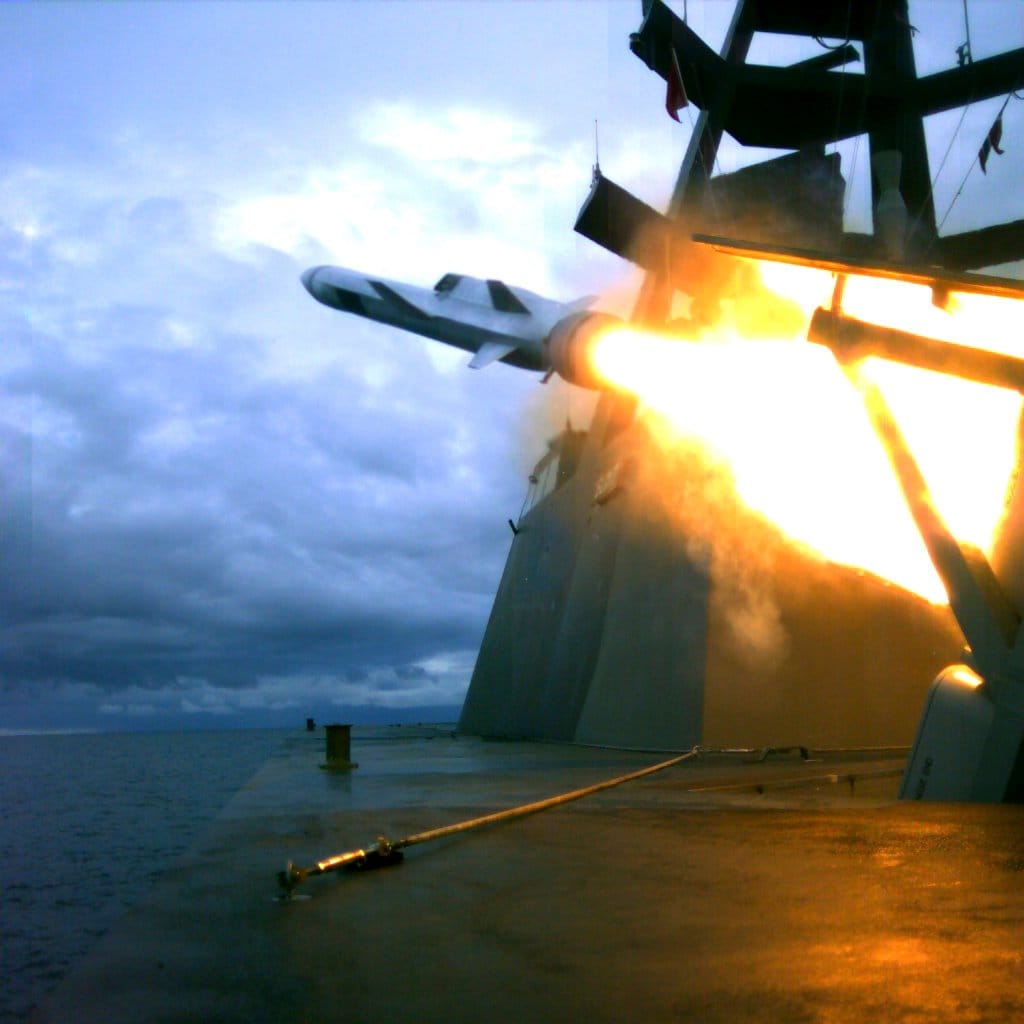

Combining Naval Innovation with Norwegian Industry
Thyssenkrupp Marine Systems brings decades of experience in naval surface vessels and submarines, including its ongoing collaboration with the Royal Norwegian Navy on the 212CD submarine program. Ulstein Verft, based in Ulsteinvik, is known for innovative vessel design and modular shipbuilding and sees this partnership as a chance to extend its legacy into the defense sector.
At the signing, Joachim Wacker, Head of Product Sales & Product Strategy at TKMS, said the LoI reflects their long-term commitment to Norway’s maritime defense needs. Ulstein Verft’s Managing Director Lars Lühr Olsen highlighted the industrial and strategic potential of aligning with an established defense prime while maintaining their commercial shipbuilding strengths.
Implications for Norway’s Naval Industrial Base
Should Thyssenkrupp and Ulstein secure the contract, the program could reinforce Norway’s sovereign shipbuilding capabilities and stimulate domestic employment. This move mirrors industrial trends in Germany, where Thyssenkrupp Marine Systems has faced restructuring and investment pressures even as it expands its European footprint.

This development also ties into broader naval modernization efforts in Europe, including innovation in autonomous surface vessels and expanding Arctic and Baltic maritime operations.
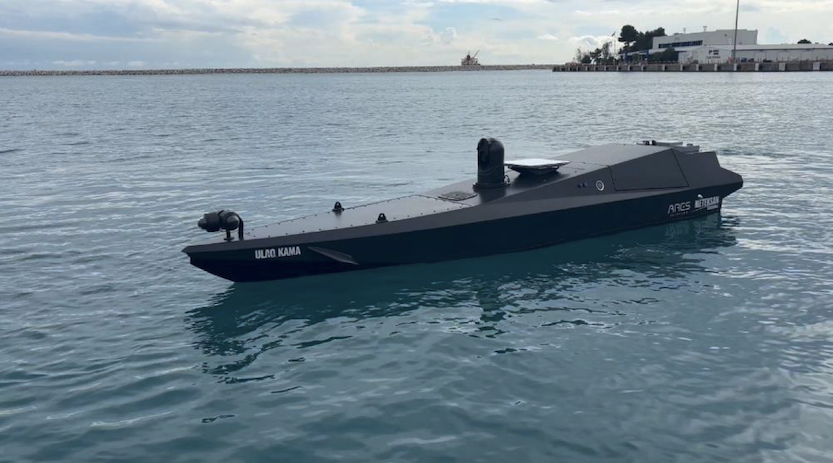
Looking Ahead
The Norwegian Ministry of Defence is expected to define its frigate requirements later this year. If awarded, the Thyssenkrupp–Ulstein team could become a long-term industrial partner for Norway, offering localized construction, lifecycle support, and regional supply chain benefits.
The partnership reflects a broader shift toward industrial alignment and defense sovereignty across the NATO North.

